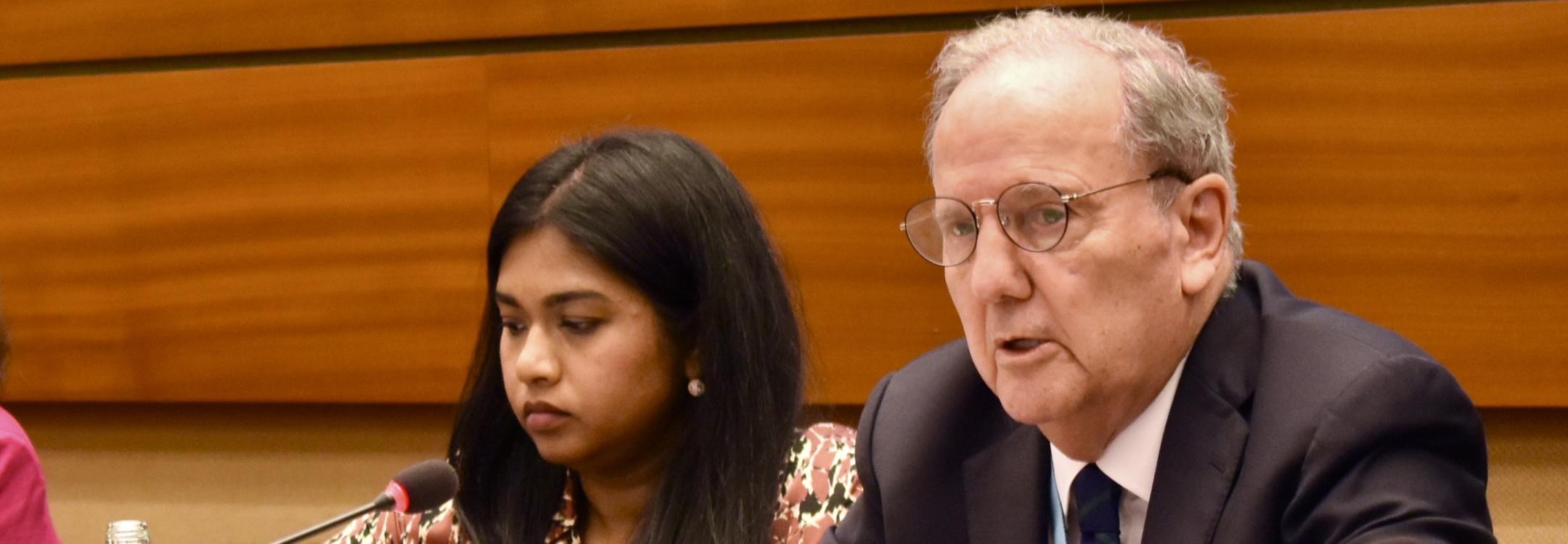
Photos: CTI

Photos: CTI
National representatives and international experts addressing a UN Human Rights Council side event have described how the Méndez Principles on Effective Interviewing can play a powerful role to support effective investigations and guard against torture and ill-treatment, especially during the first hours of custody.
The side event, held on 12 September during the 54th session of the UN Human Rights Council, explored practical steps to assist States meet their obligations under the UN Convention against Torture (UNCAT).
Speakers noted that training and awareness-raising on implementation of legal and procedural safeguards before, during and after questioning, as well as education on investigative interviewing methods, remains limited and are yet to be institutionalised in police culture across the regions.
Professor Juan Méndez, Member of the UN Expert Mechanism to Advance Racial Justice and Equality in Law Enforcement and former UN Special Rapporteur on torture, said the risks of torture were higher at the time of arrest, during transport to police stations and in police custody, as well as in the context of police questioning in criminal investigations.
Experience shows that torture is more frequent and more brutal precisely in that moment in which investigators are trying to investigate a crime and obtain evidence that will be used in court.”
To overcome these challenges, the panel discussion highlighted the value of States applying the Méndez Principles as a reference framework to:
Good practices were shared from Thailand in relation to revised approaches to police training and questioning, following the recent adoption of the Anti-Torture and Enforced Disappearance Bill.
The event also highlighted key recommendations by UN treaty bodies, such as the UN Subcommittee on Prevention of Torture, to bridge the gap between law and practice related to training and questioning of suspects and others to ensure the absolute prohibition of torture, along with Tools on Arrest and Safeguards, which set out recommended practices and standards on these issues, produced by the Convention against Torture Initiative (CTI).
Convened by the APT and the CTI, the side event was opened by H.E. Ambassador Erik Brøgger Rasmussen, Permanent Representative of Denmark to the United Nations in Geneva.
Alongside Professor Méndez, speakers included: Santanee Ditsayabut, Expert Public Prosecutor, Director of the Secretariat Office of Nitivajra Institute, Thailand; Bardia Jebeli, Human Rights Officer, Secretariat of the Subcommittee on Prevention of Torture, OHCHR; and Barbara Bernath, APT Secretary General. The event was moderated by Ms. Gayethri Pillay, Head of CTI Secretariat.